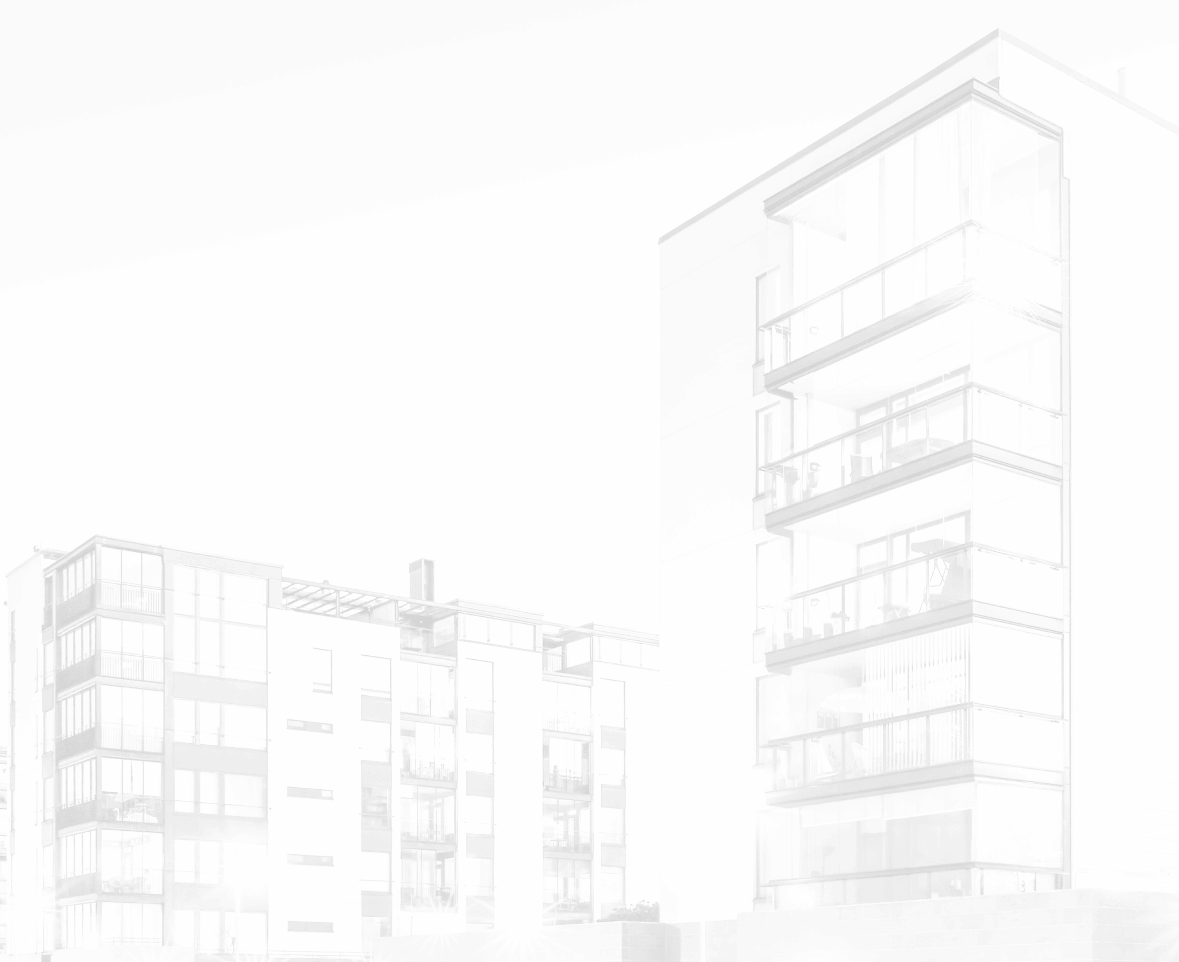
Wilson & Franco has developed distinctive case positions and models for all commercial property types.
Below are examples of the types of properties we currently represent.
For retail boxes ranging from quick service restaurants to discount warehouses, we employ both Marshall & Swift-generated cost analysis and Fee Simple Income modeling. Paired with our dynamic TaxSys4Texas map and data interface software, our cases are compelling and effective.
Our retail investor-developer clients are among the nation’s most prominent. We have a remarkable program to build Fee Simple income models with highly-persuasive arguments for lower value. We seek to identify, quantify, and extract intangible business value.
Through our proven case strategy utilizing our proprietary income model combined with our Rent Stratification theory, we have been able to achieve remarkable results for our clients.
Depending on current market conditions, investment risk in apartment properties can vary significantly. Thus, proper analysis should consider a narrower breadth of value. It is important to allow for reserves for short life assets and cap rates which recognize appropriate risk factors. Our case models are practical and produce superior results.
In general, industrial properties are more secure, they have a unique set of challenges. Often leases are short-term causing fluctuation in occupancy and higher leasing costs. Industrial properties also often contain a mix of NNN and Gross leases. We review all tenant leases, apply market factors and trends to ensure an accurate representation of the property’s current performance, and to measure long term value.
While many County Assessors recognize the business value component of hotel valuation, the intricate differences among models for income analysis, start-up amortizations, and Fee Simple cap rate adjustments can provide for lower assessed value. Assets in this class have both taxable and non-taxable value components.
Wilson & Franco has extensive experience analysing mixed-use projects where a combination of hotel, retail, office and apartments exist in a symbiotic environment. While these projects often appear robust, there can be underlying complex issues.
Many states, such as Texas have contradictory interpretations of how BPP should be rendered and assessed. Moreover, each state has its own guidelines, dates, and schedules. Wilson & Franco's National Portfolio Analysts maintain up-to-date information for all states and assures compliance while minimizing tax liability.